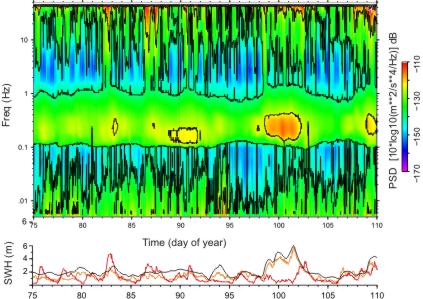
Over the past 100 years, the Earth's population has risen from 2 billion to 6 billion. Moreover, there has been a considerable increase in life expectancy and quality of life for part of the population, which has led us to huge consumption of the planet's resources – all the assets we humans use to meet our needs and to guarantee our development, such as the consumption of energy, which has multiplied by 100 since the industrial revolution. We must examine these resources and distinguish between the ones that are renewable, have a short formation period or which are infinite on the human scale (i.e. solar energy, wind energy, etc.), and those that are not renewable and require long periods of time for their creation, and which, therefore, may end up becoming exhausted if they are used unwisely. This is the case with oil and other raw materials that are basic for the human race, such as minerals and water. It was not until the last century that man realised that the planet’s resources are limited, that his uncontrolled activity may cause irremediable damage to the environment in which we live, that the Earth is an active planet, and that one part of this activity is manifested in the form of earthquakes, tsunamis, volcanic eruptions, landslides, etc.
The great complexity and the spectrum of problems that arise when we study the dynamic of the geological systems have resulted in the need to use multidisciplinary approaches and to develop new analytical techniques to tackle the enormous challenges we are facing. In this presentation, the speaker will examine the main breakthroughs that have been made in exploration of conventional and non-conventional hydrocarbons, and geo-thermic energy; the elimination of waste and the geological storage of greenhouse gases (CO2); the modelling of natural processes that may become a geological risk or natural disaster, and the reconstruction of the climate and the environmental fluctuations of the Earth in the past.
Cycle: CHALLENGES OF THE 21st CENTURY - VIII THE VOICE OF DISCOVERIES: DISCOVERING, INNOVATING, TRANSFERRING KNOWLEDGE
Organized by: Residence for Researchers